Democratic Republic Of Congo
Amnesty International accuses multinationals of forced evictions, threats, intimidation and deception against local populations at cobalt and copper mining sites in the Democratic Republic of Congo (DRC).
In the report published Tuesday and, entitled "Fuelling change or the status quo?", Amnesty and the DRC-based Initiative for Good Governance and Human Rights analyzed the human rights impact of four projects in the Kolwezi mining region, south-east of the DRC (Kolwezi Copper and Cobalt Mine, Mutoshi Mine, Metalkol RTR and Kamoa-Kakula Mine).
The two organizations believe that the race to expand these mining operations has led to the forced eviction of populations from their homes and fields.
These evictions, "carried out when companies seek to expand industrial mines (...), destroy lives and must stop immediately", says Agnès Callamard, Secretary General of Amnesty International.
Instead of benefiting from the growth of the mining sector, people living in the Kolwezi region "are being forced to leave their homes and farmland to make way for the expansion of large-scale industrial mining projects", according to the report.
These evictions are often carried out by "mining operators who have little regard for the rights of the populations concerned and equally little respect for national laws designed to limit forced evictions linked to the mining sector".
Entire villages have been destroyed, like that of Mukumbi, says the report.
"The whole village was burnt down, nothing was salvaged. No one had any money left. We had nothing to survive on. We spent nights and nights in the bush," Kanini Maska, a former resident, told Amnesty.
"This eviction shattered my dreams (...), I lost everything and I live permanently with the fear of losing everything, even if I were to settle down again somewhere," explained Papy Mpanga, another former inhabitant of the village.
The DRC is Africa's largest mining producer and supplies over 70% of the world's cobalt, a crucial metal for batteries used in electronics and electric cars.
Amnesty International recognizes the importance of rechargeable batteries in the energy transition. However, writes the NGO, "decarbonizing the global economy must not lead to new human rights abuses".





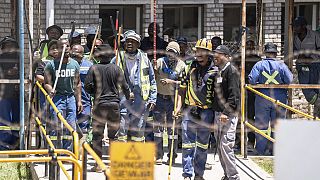
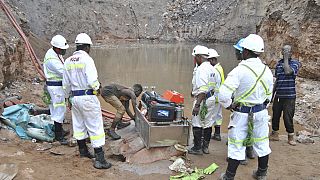
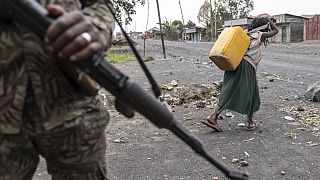
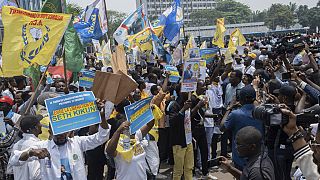

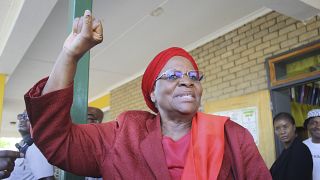
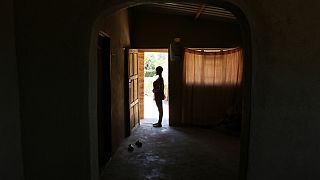
01:16
Amnesty International condemns deadly police crackdown in Nigeria
Go to video
Central African Republic: 10 dead in an ambush near a diamond mine
Go to video
What to know about a standoff between police and illegal miners at a South Africa mine
00:45
Ramaphosa calls for peaceful resolution to illegal miner standoff
01:38
Police spokesperson calls rescue attempt of trapped miners ‘unsafe’
00:45
S.African govt says won't help thousands of illegal miners inside a closed mine